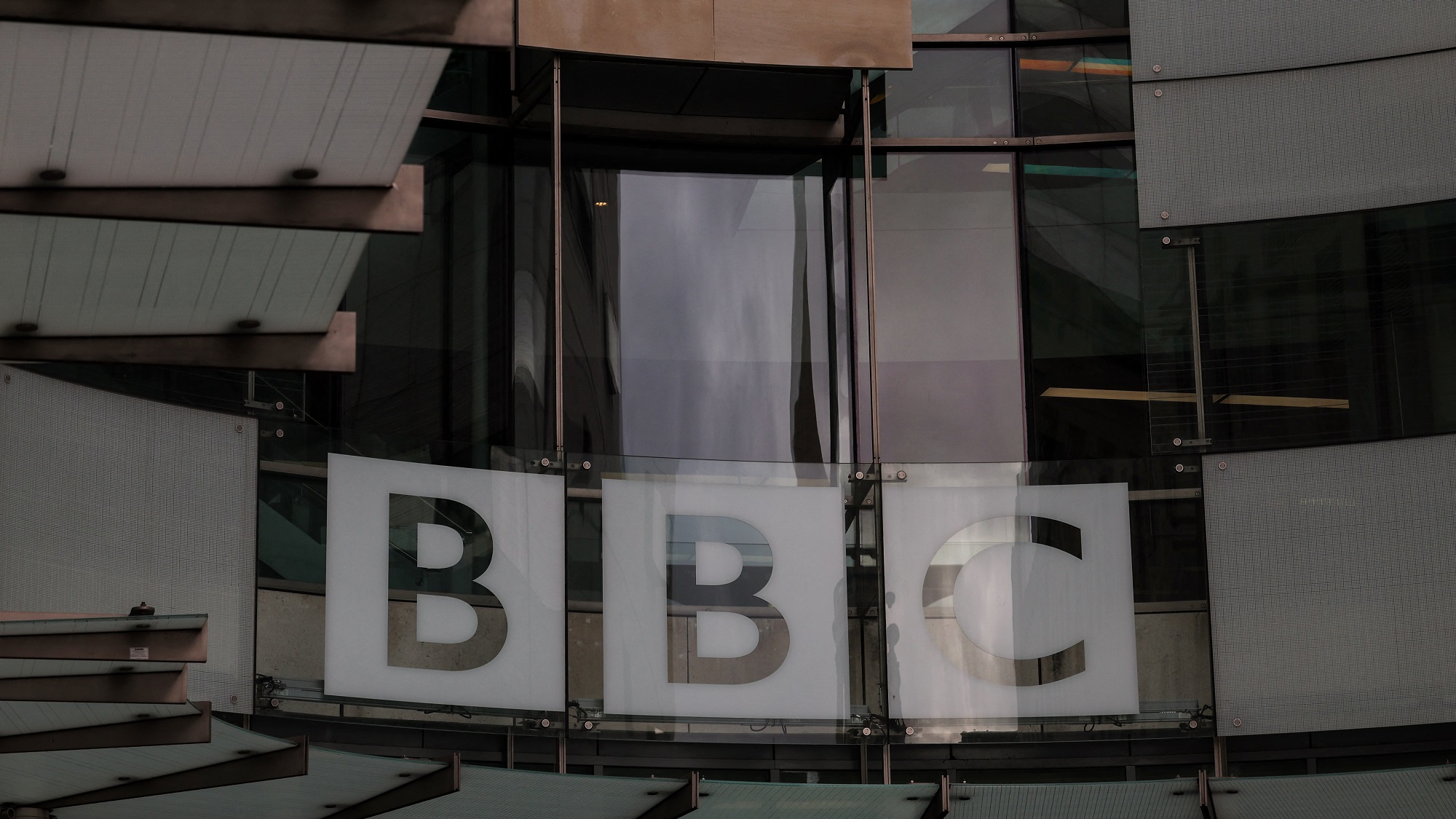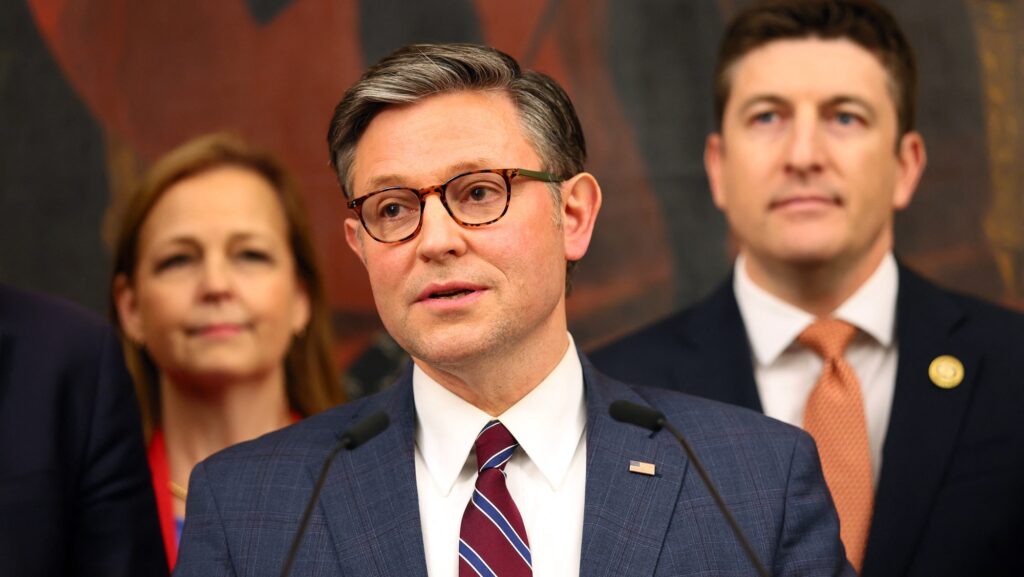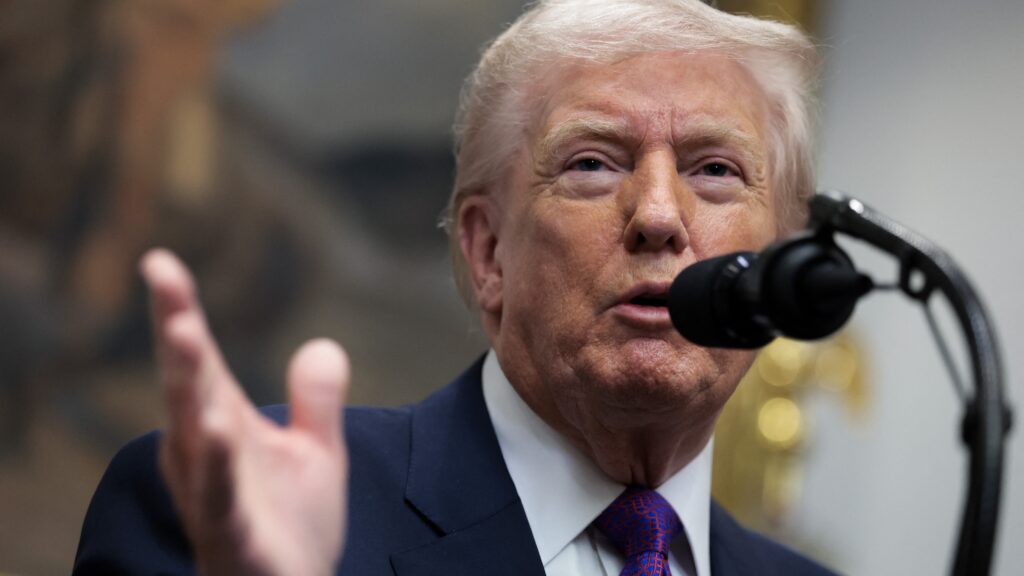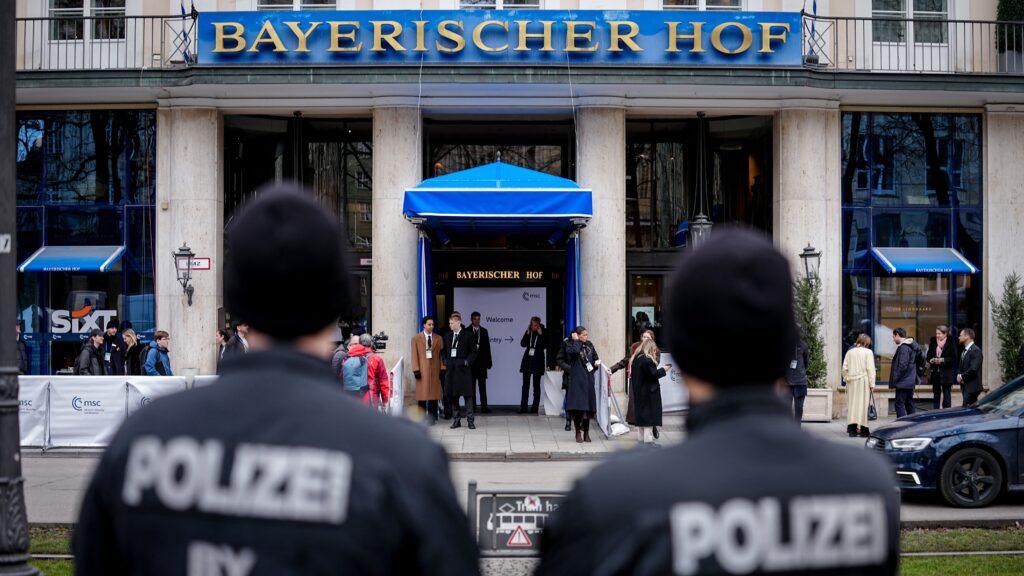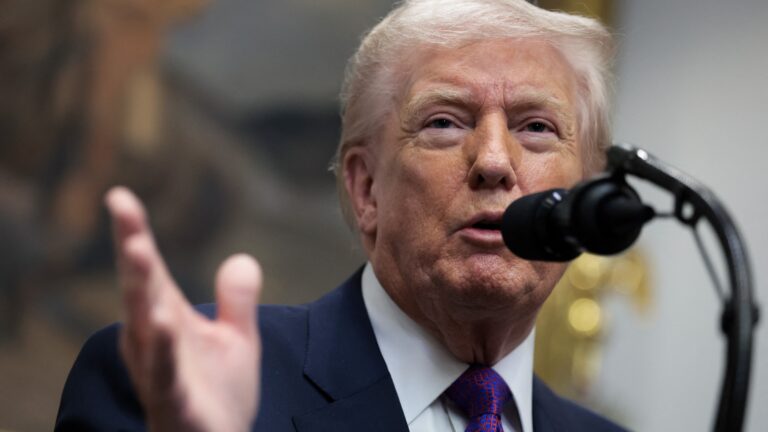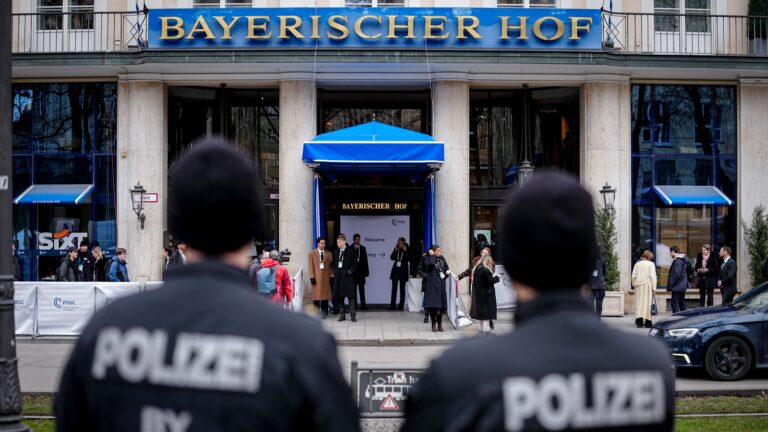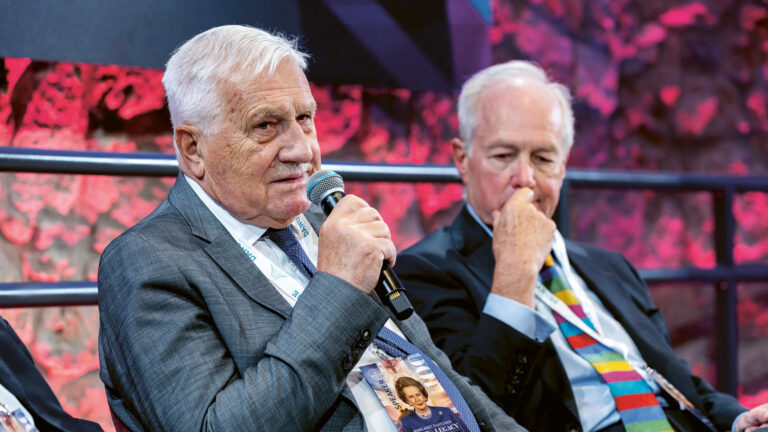This is a rare kind of political scandal that stretches from one shore of the Atlantic Ocean to the other. As our readers are probably aware, the directors of the BBC documentary series Panorama decided to go back in time in spirit to early 2010s YouTube, and do some fun little ‘sentence mixing’.
They spliced together two statements made 55 minutes apart by President Trump in front of the US Capitol on the infamous day of 6 January 2021. Thus, it gave the impression that he was urging protesters to go to the Capitol and engage in a fight with lawmakers.
The real egregious part of the editorial conduct was that there was no indication that a cut had been made. In fact, the editors deliberately cut to a shot of the crowd while President Trump’s statements were played in the audio to conceal the edit. That is why ‘editorial mistake’, which is implied in the BBC’s official response and apology, is a generous interpretation.
BBC’s Trump Jan. 6 speech edit vs. the original
Top leaders at the BBC resigned on Nov. 9 following criticism that a documentary misleadingly edited clips of President Donald Trump’s Jan. 6, 2021, speech. Read more: https://wapo.st/47PT0xN. Subscribe to The Washington Post on YouTube: https://wapo.st/2QOdcqK Follow us: Twitter: https://twitter.com/washingtonpost Instagram: https://www.instagram.com/washingtonpost/ Facebook: https://www.facebook.com/washingtonpost/
In accordance with the gravity of the situation, Director General Tim Davie and CEO of the news division Deborah Turness have already resigned from their respective positions at the British state news organization.
So, why are there still some people, such as Mark Damazer, Margaret Sullivan for The Guardian, or David Bauder for The Associated Press, who stand in defence of the BBC?
Because, in their view, the BBC is one of the prestigious institutions that is ‘beyond’ Trump and Trumpism. It forms part of the institutional network they can appeal to for condemnation and a justification for contempt of Trump, even after—despite their insistence that it could not happen—the people of the United States chose to vote him into power again.
Never mind the fact that the BBC is one of the most prestigious names in world journalism, founded 103 years ago, yet they have just been caught doing a hatchet job so sloppy that it may not even fly in the Infowars editorial room. And they aired it on the eve of a US presidential election, a time of heightened public attention for any news organization in the world.
The rise of Donald Trump as a political figure in the United States brought about a sharp decline in trust in institutions—and understandably so.
Remember: he defied virtually every poll, pundit, and political analyst when he first won the White House in 2016. Then, during his presidency, the country endured a global pandemic—an event that furhter shattered public trust in experts. Many early expert claims were later walked back or disproven, including those dismissing the possibility of a lab-related origin. And much of the information that was eventually validated had first surfaced in alternative media rather than the mainstream press.
In January 2024, the President of Harvard, one of the biggest names in the world academia, Claudine Gay resigned after a plagiarism scandal. That scandal was unearthed by a man named Chris Rufo, someone most journalists at the BBC most likely would describe as a mere ‘alt-right figure’.
Also, in a story criminally underreported ahead of the 2024 US Presidential election, it was revealed that Kamala Harris, who was educated at the fine universities of Howard and UC Law San Francisco, lifted multiple passages from Wikipedia verbatum for a book she published about criminal justice while she was serving as District Attorney of San Francisco in 2009—something a lazy high school student would do.
Yet many people still expect us to rely on people from these institutions to have the ‘definite’ say on issues such as gender identity, immigration, and climate change. The recent scandal about President Trump and the BBC is just the latest reminder on why we should be hesitant to do so.
Related articles:

